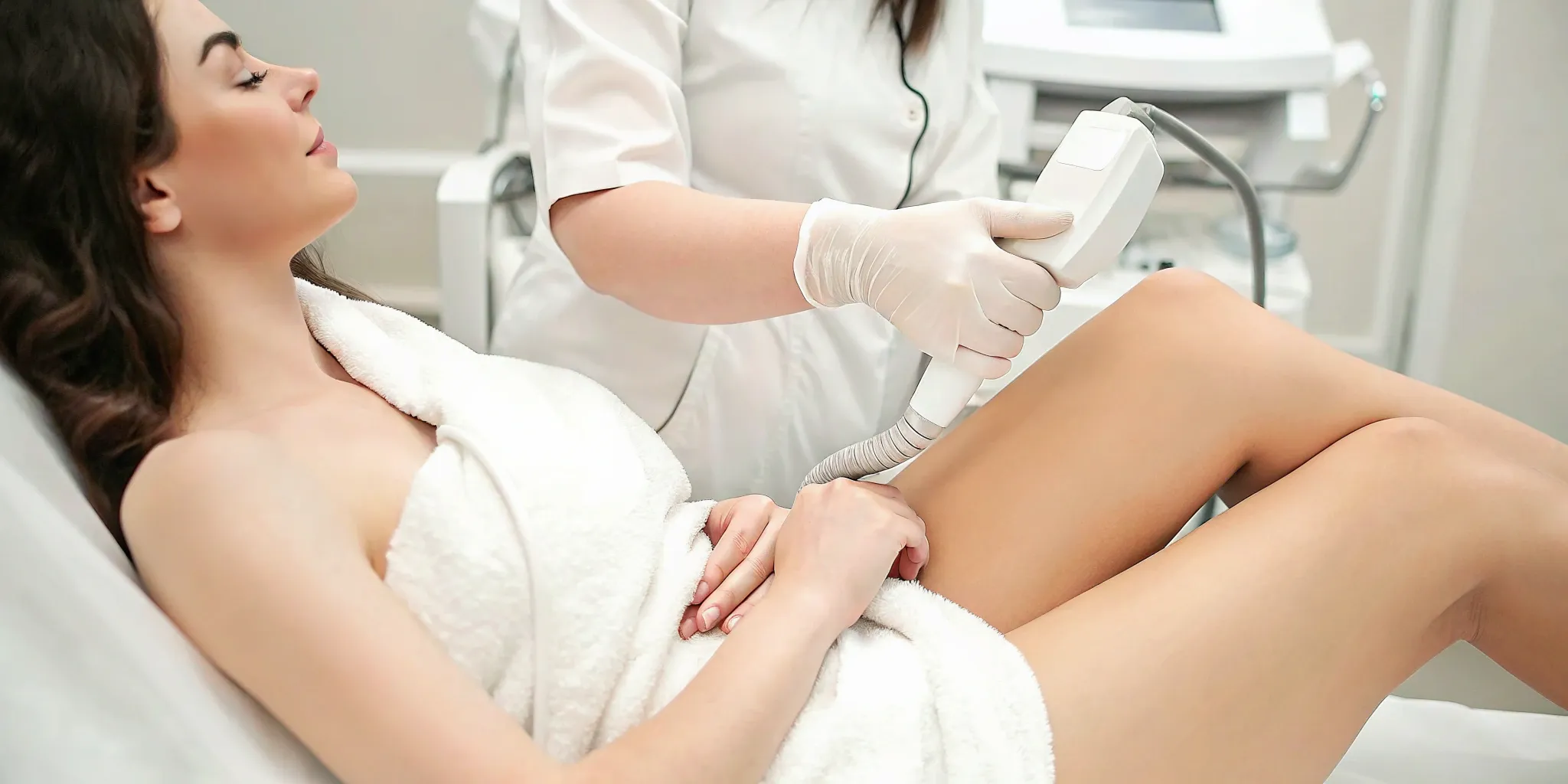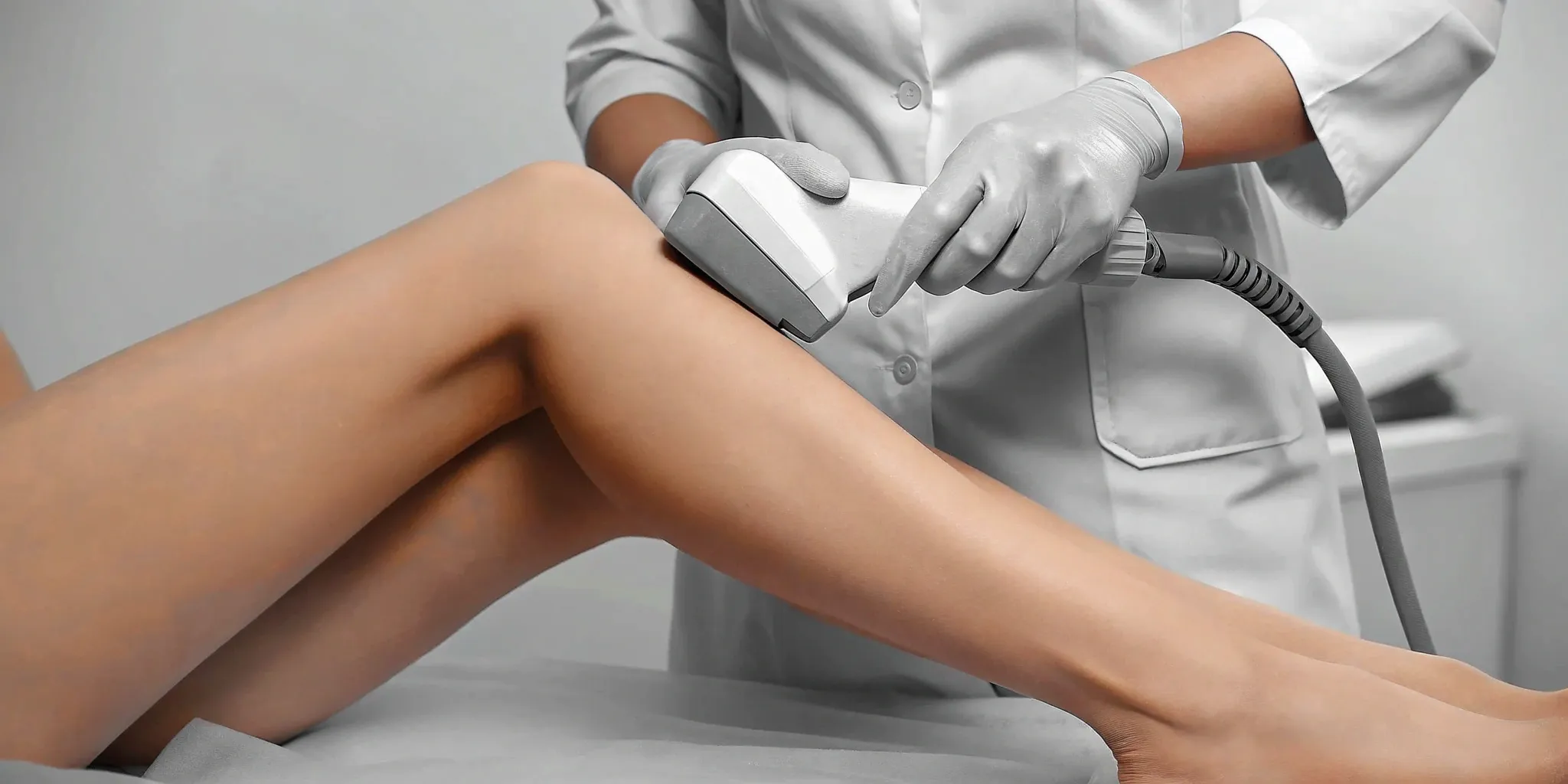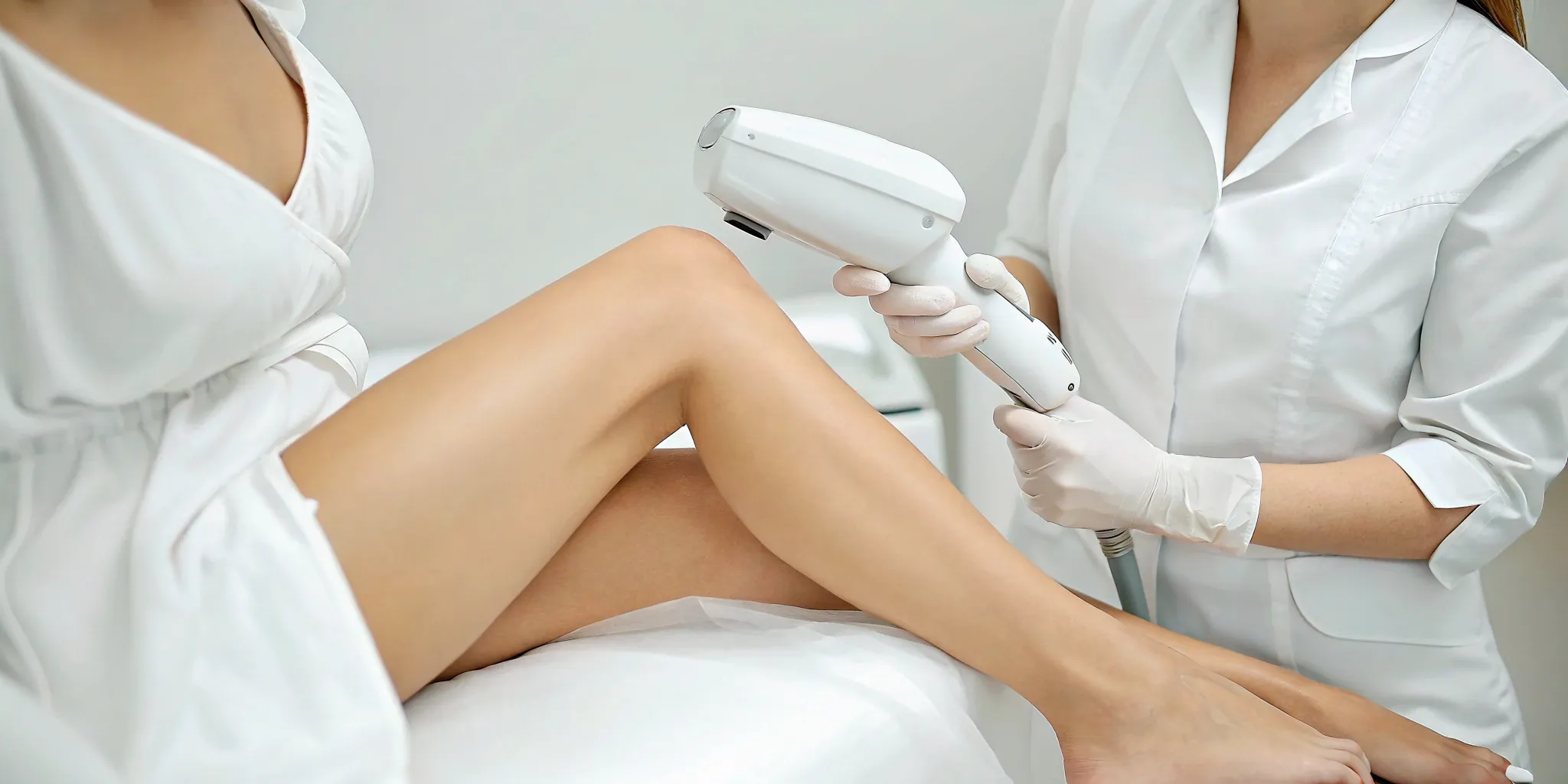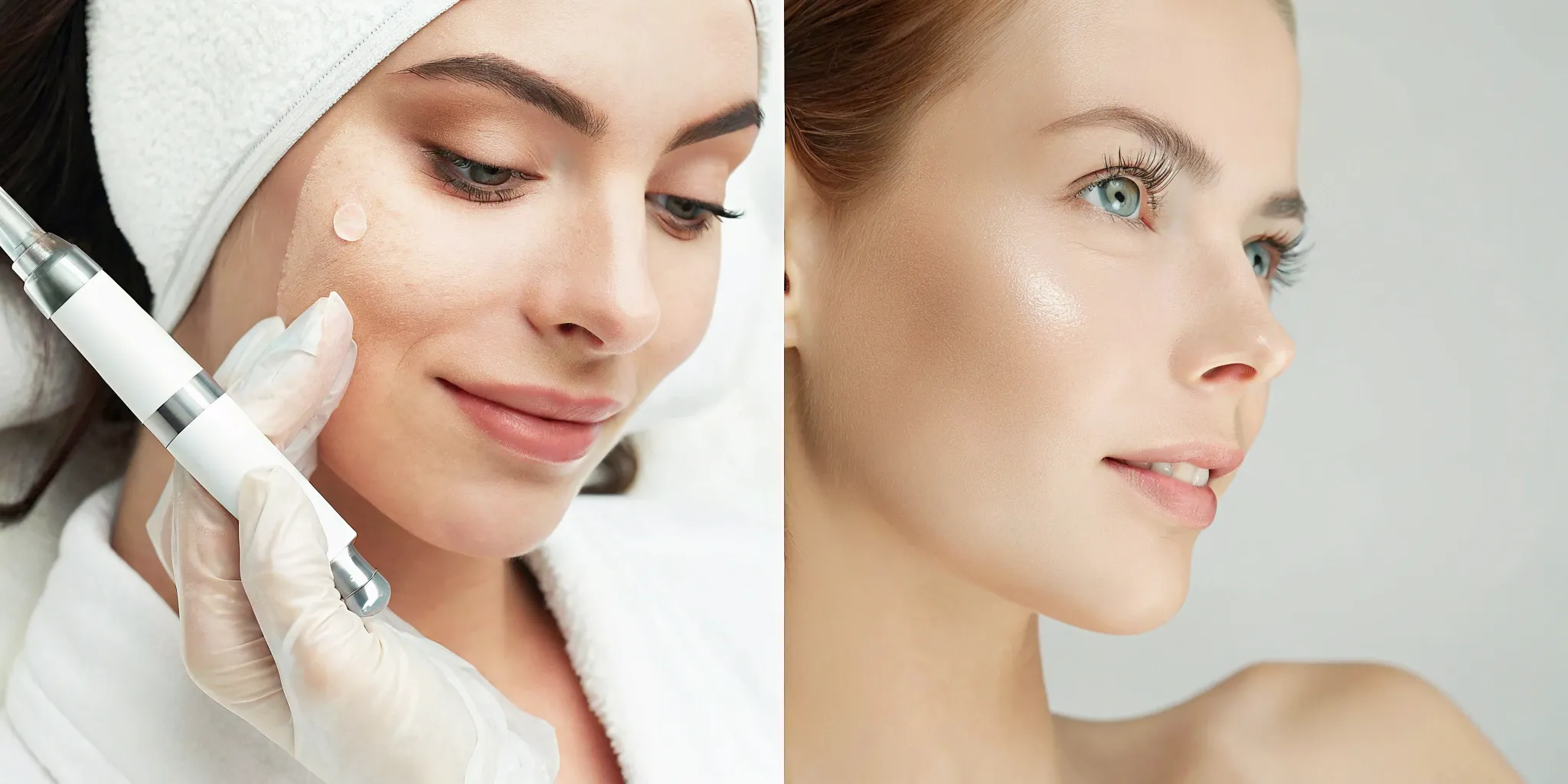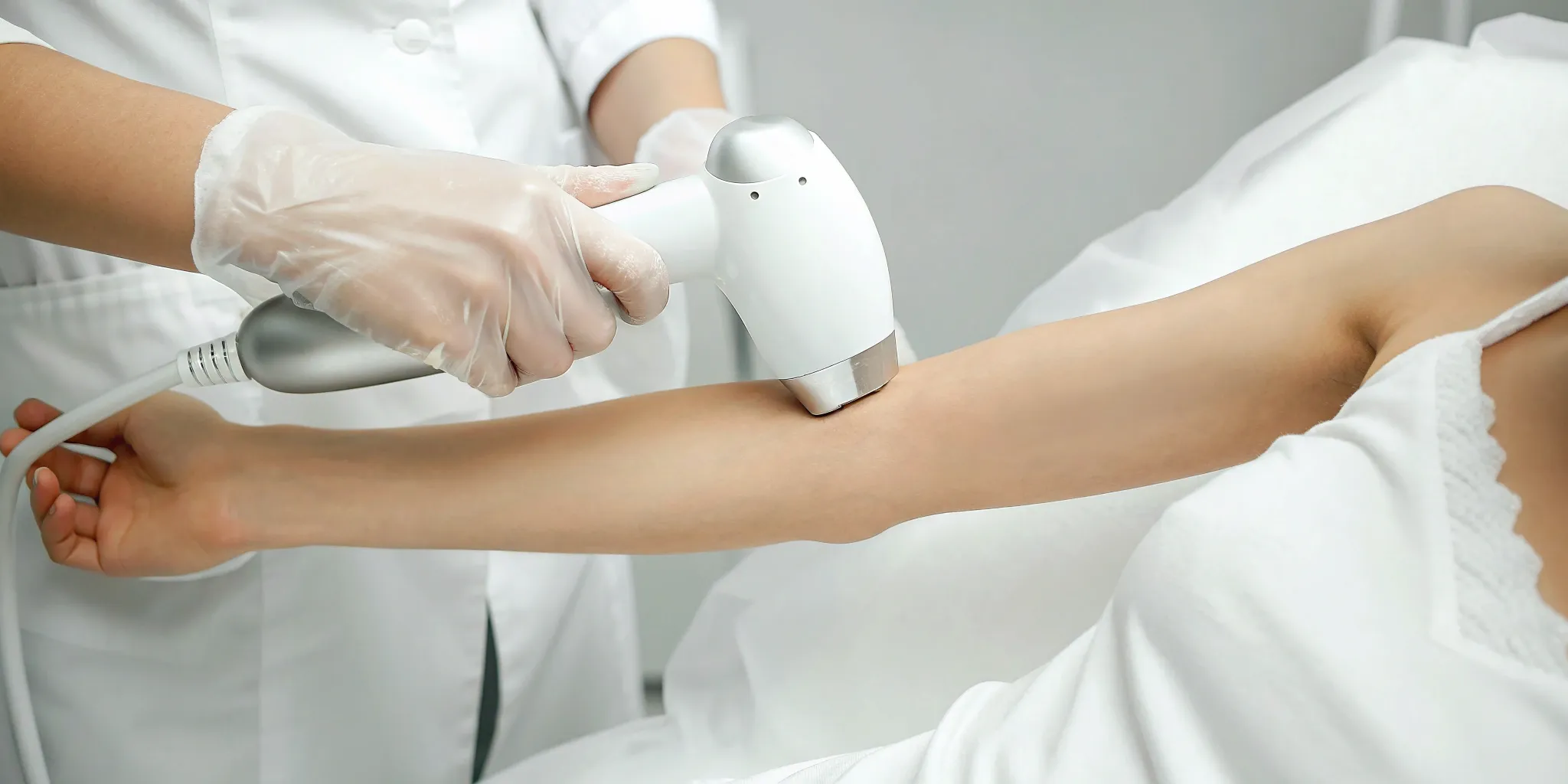Your tattoos are a part of your story, but figuring out how they fit into your professional life can feel complicated. As a medical assistant with tattoos, you want your skills and compassion to be what patients and colleagues notice first. The good news is that attitudes are changing, and many healthcare facilities are becoming more accepting of body art. However, professionalism and patient comfort are still top priorities. This article will provide clear, supportive guidance on how to balance your personal expression with workplace expectations, so you can feel confident and respected in your career.
Key Takeaways
- Always Check the Official Policy: Tattoo rules vary widely between employers, so never make assumptions. Your best move is to consult the employee handbook or ask about the dress code directly to ensure you’re aligned with your workplace’s standards from day one.
- Let Your Skills Define You: Your competence, compassion, and communication are what truly build trust with patients and colleagues. When you focus on providing excellent care, your professional abilities become your defining feature, not your body art.
- Be Strategic About Your Ink: You have control over how your tattoos fit into your career. Make thoughtful choices about placement for new ink, use simple methods like long sleeves to follow workplace rules, and know that options like laser removal exist if a tattoo no longer aligns with your professional goals.
What Are the Rules for Tattoos in Healthcare?
If you’re a medical assistant with tattoos, you’ve probably wondered how your ink fits into a professional healthcare setting. The truth is, there isn’t one simple answer. Policies can feel like a moving target, changing from one facility to the next. While some people choose laser tattoo removal to simplify their career path, many others successfully find their place in the medical field with their tattoos intact. The key is understanding the landscape of workplace rules and how to work within them.
The good news is that attitudes are shifting. As tattoos become more common, many healthcare facilities are updating their policies to be more inclusive. However, professionalism and patient perception remain top priorities. Let’s break down what you can generally expect when it comes to tattoo policies in a medical environment.
Common Tattoo Policies in Medical Settings
When you start a new job in healthcare, your employee handbook will be your best friend. Most facilities outline their expectations for professional appearance, and this is where you’ll find the official rules on tattoos. Some hospitals or clinics have strict policies that require any visible tattoos to be covered during work hours. This might mean wearing long sleeves under your scrubs or using makeup designed to conceal tattoos. Other employers are much more lenient, especially for tattoos that aren’t on the face, neck, or hands. In rare cases, a facility might not hire people with visible body ink at all, so it’s always best to know the workplace policies before you accept a position.
What Makes a Tattoo “Workplace-Friendly”?
So, what kind of tattoo is generally considered acceptable? The biggest factor is often visibility. Tattoos that can be easily covered by a standard uniform are rarely an issue. It’s the ink on your forearms, hands, neck, or face that tends to get more attention from hiring managers. The content of your tattoo also matters immensely. Any imagery that could be seen as offensive, violent, or unprofessional is a non-starter in any medical setting. Many employers are finding that a zero-tolerance policy is too strict and are instead creating modern workplace policies that set reasonable limits on the size, placement, or number of visible tattoos.
How Policies Differ By Employer
It’s crucial to remember that there is no universal rule for tattoos in healthcare. The policy at a large urban hospital might be completely different from that of a small, private practice in the suburbs. Ultimately, the decision rests entirely with the individual employer. Because policies vary by institution, you should never assume one facility’s rules apply to another. The best approach is to inquire about the dress code and appearance standards during the interview process or consult the employee handbook once you’re hired. This proactive step shows you’re serious about professionalism and respecting your workplace’s culture.
How to Handle Tattoos at Work
Figuring out how to manage your tattoos in a professional setting doesn’t need to be stressful. It really just comes down to being prepared, professional, and aware of your workplace environment. With a few straightforward strategies, you can handle your ink with confidence, making sure your skills and dedication to patient care are what truly stand out. Whether you’re interviewing for a new role or are already part of a team, these tips will help you present your best self.
Know Your Employer’s Tattoo Policy
First things first: get familiar with the rules. When it comes to tattoos in healthcare, there’s no single, universal policy. It all depends on your specific employer. Some medical facilities have very strict rules about visible tattoos, while others are much more relaxed. The best way to get a clear answer is to check the employee handbook. If you’re in the interview process, it’s completely fine to ask the hiring manager or HR about the dress code. Knowing the policy from the start helps you avoid any awkward moments and shows that you’re considerate of professional standards.
To Cover or Not to Cover?
Once you know the policy, you can decide on your approach. If your workplace requires tattoos to be covered, your scrubs or a long-sleeved shirt underneath will usually do the trick for ink on your arms or torso. The main concern for most employers tends to be tattoos on highly visible areas like the hands, neck, or face. For these, you might need to use a high-coverage, waterproof concealer. If you find that covering your tattoos every day is a hassle or feel it might hold you back professionally, exploring laser tattoo removal can be a great long-term solution that offers more freedom and peace of mind.
Talking About Your Tattoos Professionally
If your tattoos are visible and a patient or colleague asks about them, you can use it as a moment to showcase your professionalism. You don’t need to share a deep, personal story. A simple, friendly, and brief response is perfect before you gently guide the conversation back to your work. For example, you could say, “It’s a piece I’ve had for a while. Now, let’s get this blood pressure reading for you.” Your calm, confident demeanor reinforces that your primary focus is on providing excellent care. Ultimately, your communication skills and professional conduct will always speak louder than the art on your skin.
How Tattoos Can Affect Your Career
Let’s talk about the big question: how might your tattoos play a role in your career path? While your skills and compassion are what truly define you as a medical assistant, it’s smart to be aware of how body art is viewed in the professional world. The landscape is definitely changing, but in a field built on trust and tradition like healthcare, appearance can still be a factor. Thinking about this now helps you prepare for your job search, build strong relationships at work, and plan for your future growth.
Will Tattoos Impact Your Job Search?
When you’re on the hunt for a new job, you might wonder if your tattoos will be a talking point. The honest answer is: it depends entirely on the employer. There isn’t a single rule across the board; some clinics are very relaxed, while others have stricter appearance policies. Generally, tattoos that can be covered by a standard uniform or clothing are less of a concern. It’s the visible ink on hands, forearms, neck, or face that tends to get more attention. Even if your tattoo isn’t offensive, some employers may worry about patient perception. If you have your heart set on a particular facility with a no-visible-tattoo policy, you’ll likely need to cover it up. If you feel a tattoo is holding you back, remember you have options like laser tattoo removal to give you a clean slate.
Building Professional Relationships
Once you’ve landed the job, your tattoos become part of your professional identity. How they are received can vary based on your specific workplace culture and even the community you serve. While many colleagues and patients won’t bat an eye, it’s helpful to remember that attitudes toward tattoos are still evolving, and unconscious biases can exist. The best approach is to let your professionalism lead the way. When you’re skilled, kind, and communicative, you build trust that goes far beyond first impressions. Your work ethic and the care you provide will always be what people remember most, helping to create positive and respectful relationships with everyone you work with.
Tattoos and Your Path to Leadership
Thinking about growing into a leadership role someday? It’s a great goal, and it’s wise to consider how your appearance might factor into that journey. As you move up, you’re not just representing yourself but the entire organization. Many employee handbooks have detailed sections on appearance, and some healthcare systems have very firm rules about visible body art for senior staff. While policies vary, a more conservative appearance is sometimes expected in management. If you have ink that doesn’t align with your long-term career goals, it’s something to think about. Having a plan, whether it’s consistently covering your tattoos or considering tattoo removal, gives you control over your professional image as you climb the ladder.
What Do Patients Think About Tattoos?
As a medical assistant, your primary goal is to make patients feel comfortable, safe, and well-cared for. So, it’s natural to wonder how your tattoos might fit into that equation. While tattoos are more mainstream than ever, patient perceptions can vary. Understanding these different viewpoints is key to ensuring every interaction is positive and professional, allowing your skills and compassion to be what patients remember most.
Considering Patient Comfort and Backgrounds
It’s helpful to remember that your patient population will be diverse, with people from all walks of life and generations. While many younger patients may not think twice about your tattoos, some older individuals might have different cultural associations with body art. The key isn’t to judge these perspectives but to be mindful of them. Your role is to build trust, and being aware of how you present yourself is part of that. Patient perceptions are an important part of the healthcare experience, and a professional, reassuring demeanor will always go a long way in making everyone feel at ease, regardless of their background.
The Cultural Side of Tattoos in Medicine
The acceptance of tattoos in the workplace isn’t universal; it often depends on the specific company culture and even the local community. A large, traditional hospital in a conservative area might have stricter rules than a modern clinic in a bustling city. At a premier medspa, for instance, where clients come for aesthetic treatments like laser hair removal, the culture may be more accepting of personal expression. The most important thing is to understand the environment you’re in. This awareness shows respect for your workplace and the patients you serve, demonstrating a level of professionalism that goes beyond your appearance.
Tips for Positive Patient Interactions
Your best tool for building rapport isn’t a long-sleeved shirt—it’s your communication skills. A warm greeting, active listening, and a confident, caring attitude will have a much bigger impact on a patient’s experience than the art on your skin. When you focus on providing exceptional care, most patients will quickly see your competence and compassion as your defining traits. Excellent communication skills are vital for fostering strong relationships. By being friendly, professional, and attentive, you ensure that your skills, not your tattoos, are the focus of every interaction.
Smart Advice for Medical Assistants with Tattoos
If you’re a medical assistant with tattoos or are thinking about getting one, a little planning goes a long way. Your body art is a part of who you are, but in a professional setting, your career comes first. The good news is that you can absolutely have both. It’s all about being strategic, understanding workplace expectations, and letting your professional skills take center stage. Here’s some practical advice to help you wear your ink with confidence while building a successful career in healthcare.
Thinking About Getting New Ink?
Before you book that tattoo appointment, take a moment to think about your career. Whether a medical assistant can have tattoos depends entirely on their employer’s policy, as there’s no universal rule across the healthcare industry. If you’re set on getting new ink, consider placement your top priority. A tattoo that can be easily covered by your daily scrubs or a long-sleeved shirt will give you the most career flexibility. While your art is important, strategic placement ensures it won’t become a hurdle in your job search. And remember, if you have a tattoo that no longer fits your professional image, you always have options like laser tattoo removal to create a clean slate.
How to Maintain a Professional Look
Presenting a professional image is key in any medical setting. If your workplace has a policy that requires tattoos to be covered, there are simple ways to comply without much fuss. Long-sleeved undershirts that match your scrubs are a go-to solution for arm tattoos. For smaller designs, a high-quality, waterproof concealer can work wonders. The goal isn’t to hide your personality but to respect the professional environment and ensure patients feel comfortable and focused on the excellent care you provide. Adhering to the dress code shows that you’re a team player who takes your role seriously, which is a quality every employer values.
Let Your Skills Shine Brightest
At the end of the day, your value as a medical assistant comes from your skills, compassion, and professionalism—not your tattoos. There is no evidence that having tattoos impacts job performance in any way. If you have visible ink, make it a non-issue by being exceptional at what you do. Be the person who is always reliable, has a positive attitude, and shows incredible empathy to patients. When you consistently demonstrate your competence and dedication, your tattoos become just another detail about you, not the defining one. Let your work ethic and patient care be what people remember most.
Clearing Up Common Myths About Tattoos
While tattoos are more mainstream than ever, it’s a myth that they are universally accepted in all medical workplaces. Attitudes are definitely changing for the better, but some facilities—and even some patients—may still hold more conservative views. It’s smart to go into any new job with this awareness. Don’t assume the policy at one clinic will be the same as another. The best approach is to remain professional, follow the specific rules of your workplace, and let your excellent work speak for itself. If you ever feel a tattoo is holding you back, we’re here to help you explore your options. Feel free to contact us for a private consultation.
Frequently Asked Questions
Will my tattoos automatically disqualify me from a medical assistant job? Not at all. While some healthcare facilities have stricter appearance policies than others, having a tattoo is rarely an automatic dealbreaker. The decision almost always comes down to the individual employer. Many clinics and hospitals are updating their rules to be more inclusive. Your best bet is to research the culture of the places you’re applying to and be prepared to discuss or cover your tattoos as needed.
What’s the best way to handle my tattoos during a job interview? For the interview itself, it’s always a smart move to present the most professional version of yourself. This might mean covering any visible tattoos with clothing or concealer. It shows the hiring manager that you understand the importance of professional image. Once you get a feel for the workplace or receive an offer, it’s perfectly acceptable to ask about the official dress code and tattoo policy.
Are certain types of tattoos or placements a bigger issue than others? Yes, visibility and content are the two biggest factors. Tattoos on the hands, neck, or face tend to draw more attention and may be restricted by more conservative policies. Ink that can be easily covered by standard scrubs is seldom an issue. Additionally, any tattoo with imagery that could be considered offensive, violent, or unprofessional is not suitable for a healthcare environment.
My employer’s policy requires me to cover my tattoos. What are my options? You have a few great choices. For daily coverage, long-sleeved undershirts are a simple and effective solution for arm tattoos. For smaller ink in visible spots, a high-quality, waterproof concealer can work well. If you find that covering your tattoos every day is a hassle or you feel it limits your career growth, considering a permanent solution like laser tattoo removal can give you more freedom and peace of mind.
How should I respond if a patient makes a comment about my tattoos? The best approach is to be polite, brief, and professional. You can acknowledge the comment with a simple smile and a short reply, then immediately pivot the conversation back to their care. Something like, “Thank you, I’ve had it for a while. Now, let’s talk about how you’re feeling today,” works perfectly. This shows that your primary focus is always on the patient.



